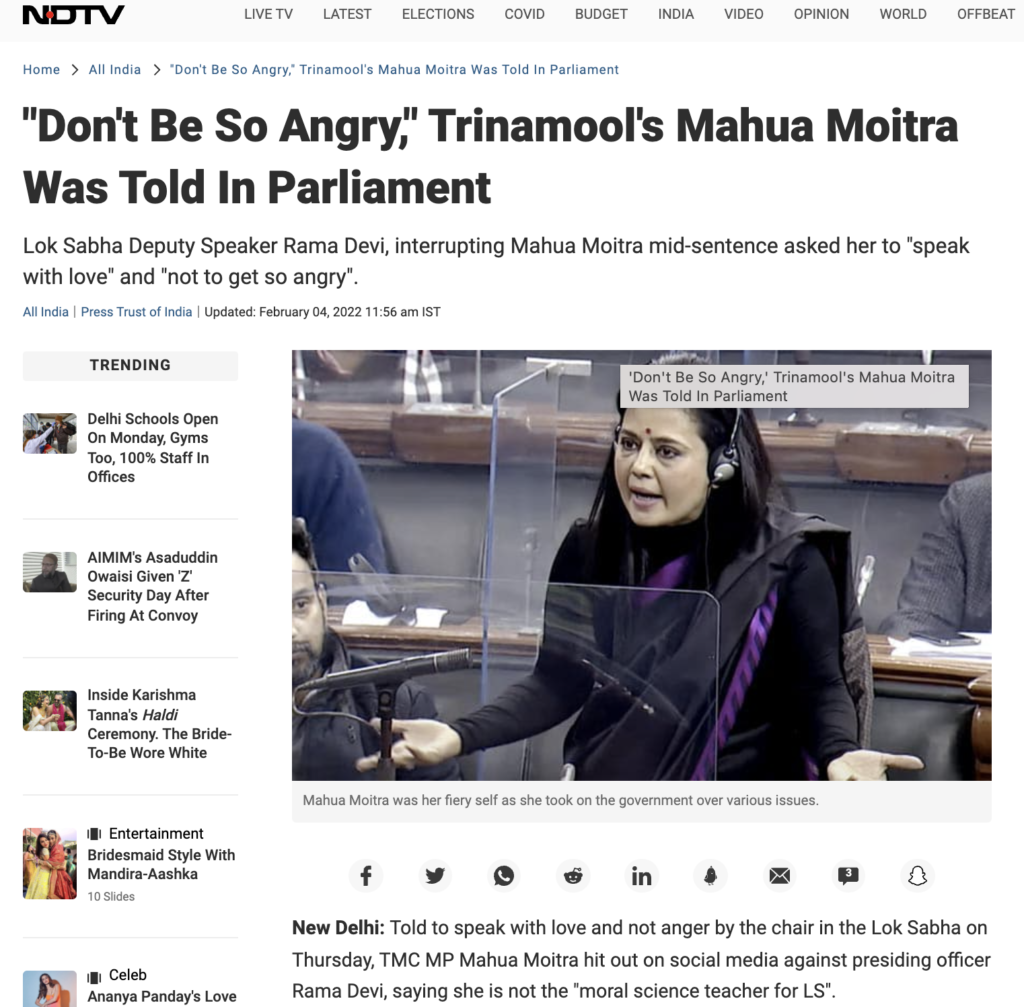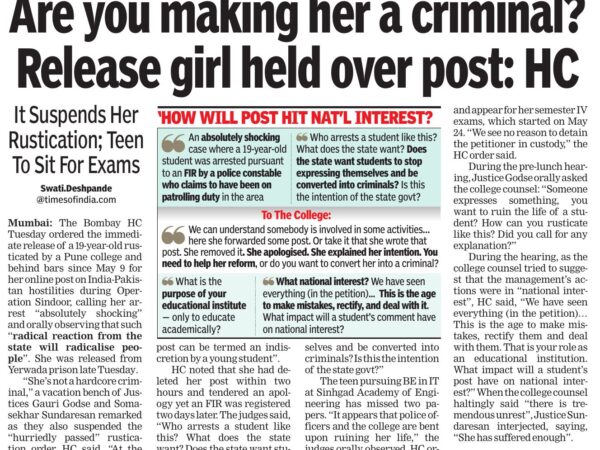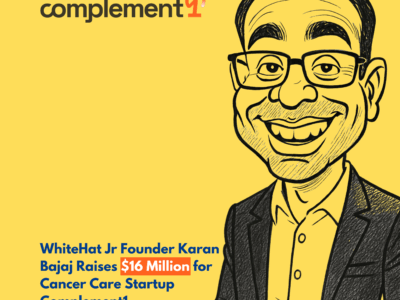 There have been hackles raised about the Presiding Officer asking Mahua Moitra why she is speaking so angrily? It is, of course, none of the Presiding Officer‘s business to decide on the tone or tenor of the orator in Parliament, and Ms Moitra rightly pointed this out in the impromptu press conference she took just outside the House. And this, even when the Presiding Officer was a woman: Rama Devi.
There have been hackles raised about the Presiding Officer asking Mahua Moitra why she is speaking so angrily? It is, of course, none of the Presiding Officer‘s business to decide on the tone or tenor of the orator in Parliament, and Ms Moitra rightly pointed this out in the impromptu press conference she took just outside the House. And this, even when the Presiding Officer was a woman: Rama Devi.
But then, even Nirmala Sitharaman, who is a well-educated, well-travelled, highly qualified minister with a very sensitive and important portfolio at the centre, has been raked over coals (by me, at the very least. Here’s me writing about it from 2 years ago) for the exact same reason: Why is she so angry? Leaving alone the content or the relevance of what she says for argument’s sake, people like me have asked her why she is always so irritable, rude, thin-skinned, and arrogant, quick to take offence (even when none was given or even intended), and has a kind of sarcastic, passive-aggressive, almost mocking tone when she speaks to her peers in Parliament, to the press and journalists, to officers of the government, or even the common public (when she does). I feel like asking her what or who hurt her as a child and whether she thinks she didn’t get hugged enough when growing up.
Is it because an assertive, strong, professional, and high-ranking woman gives men conditioned socially in the way we are some kind of complex that makes us mistake the strength of conviction within the woman as ‘anger’? Trust me. I have thought about it in the past 24 hours. A lot. And here is what I feel (of course, I speak only for myself and cannot do so for the whole ‘man’kind, but feel free to extrapolate. To a limit, of course!):
There is a difference between being angry at a system and railing against it, shaking one’s fist at people who otherwise are too powerful to be touched, and insisting that one be listened to, and heard, if you know the difference, at the risk of painting a target on one’s back, just asking for repercussions that come to anyone who questions those in power, and in being arrogant and mocking to people who are below you and less powerful than you (or indeed, completely powerless in most circumstances) knowing they cannot and will not strike or answer back. There is conviction and defiance in the first, while there is arrogance and smugness in the latter.
In short: that is the difference between punching up and punching down. Mahuaji is angry because she (and who she represents) isn’t being heard by the powerful. Nirmalaji is angry because powerless people beneath her station are not bending and bowing & scraping to the power that comes from her office.
We need to be careful when we speak of tone policing for this very reason. The context, in this case at least, is everything.


















